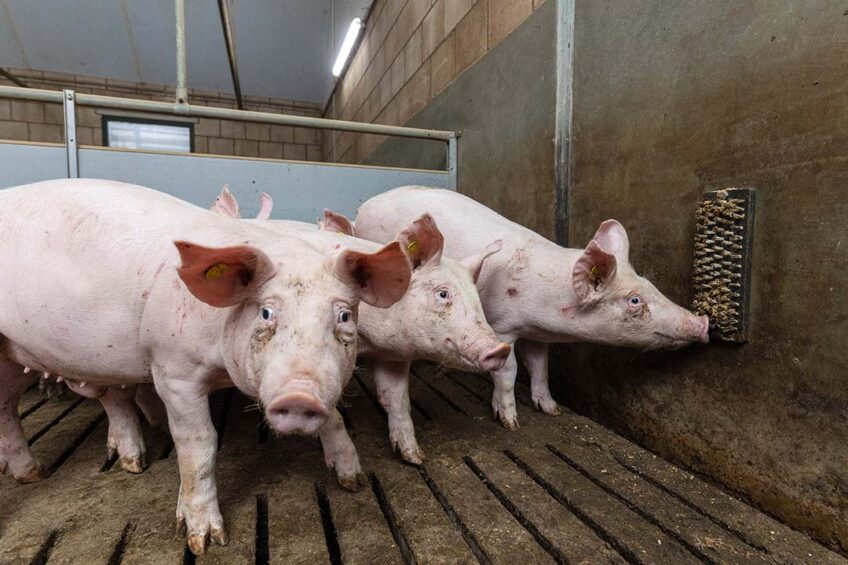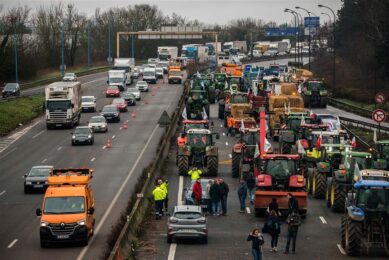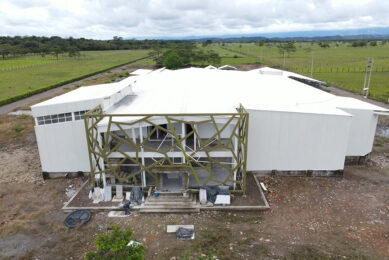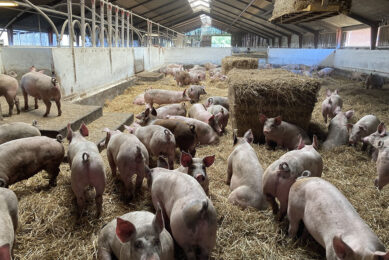Farmer protests: consumers are not held accountable

Farmers are continuing their protests accross Europe. They feel government measures for a greener economy harm their businesses. Pig welfare expert Dr Irene Camerlink addresses the elephant in the room when it comes to livestock farming in a sustainable way.
Farmers are taking to the streets to protest against government decisions that are harming their businesses. This is not just a one-time dissatisfaction – farmers have been disadvantaged for too long with continuously changing regulations. Some of the disagreements come from regulations that aim to support a greener economy and reduce the impact on the climate, specified in the European Green Deal strategy. It may seem as if farmers are against climate policies, and that governments have to choose between farmers and the environment. In this uproar, there is one silent actor feigning innocence.
Seasons are not what they used to be
In nearly any agricultural sector, farmers are typically also landowners. Anyone managing and cultivating a proper amount of land is well aware of the weather and its seasons across the years. Therefore, farmers will mostly be aware of the change in the climate and the dire situation that is happening, with seasons not being what they just to be, and droughts alternated with floods.
Should governments slow down their ambitions to reduce emissions and instead meet the demands of agriculture?
Black-and-white
However, livestock farming is a contributor to climate change and governments are increasingly imposing restrictions on producers to reduce farm emissions. Farmers have been protesting across Europe, voicing that the suggested restrictions are unfeasible. This poses the question whether governments should slow down their ambitions to reduce emissions and instead meet the demands of agriculture. Is it that black-and-white where there is a loser no matter what choice is made?
Consumers paying the price for pork
The answer leads to the elephant in the room. Namely, theoretically it would be possible to produce pigs in a sustainable and profitable manner and reduce emissions… as long as the consumer is willing to pay the price for the product. However, consumer are silent about their role in the chain of events.
Consumers – which we all are – are mostly still in a bubble of ignorance about the consequences of their purchasing behaviour. Buying the cheapest product available, but still demanding high quality and sustainable practices is not giving a fair balance – with the negative balance ending up at the producers. Awareness is growing about how purchases relate to pollution or unethical labour conditions, but there is little knowledge or consideration of how consumer demand impacts pig production.
Consumers are not held accountable
Governments have been shoving the work (and blame of emissions) to their own farmers, while protecting the consumer to maintain a balanced demand curve to avoid under- or oversupply. Of course, an oversupply would harm domestic markets whereas undersupply can lead to increased imports.
Nevertheless, consumers are not held accountable for what they buy, even if they choose for cheaper pork imported from abroad with likely higher emissions due to long transport. Therefore, do governments have to choose between farmers on the one hand and emission targets on the other hand? Instead, they may have to make the unpopular decision to tax consumers for product choices that pollute the environment. At the same time, they have to support national farmers to produce sustainably, which means in a manner that takes into account environmental impact and societal concerns, but also farm profitability.











